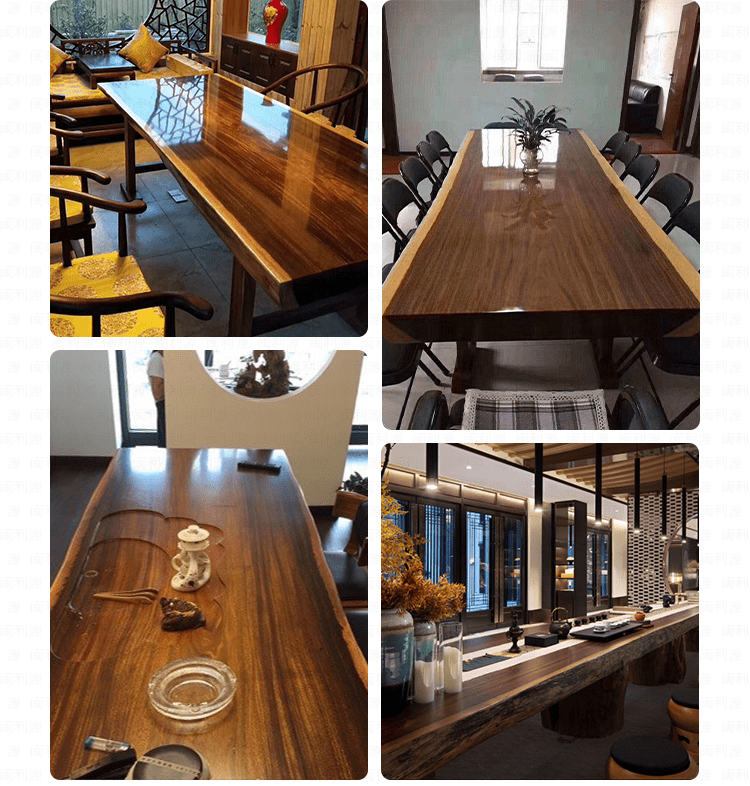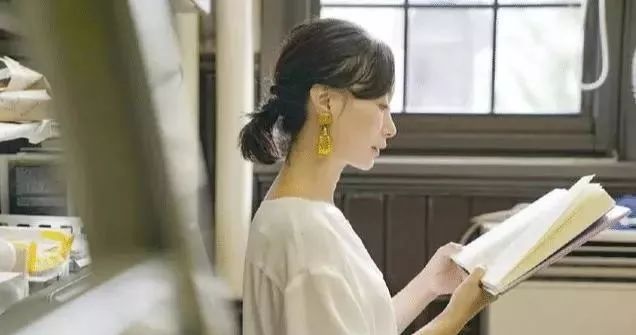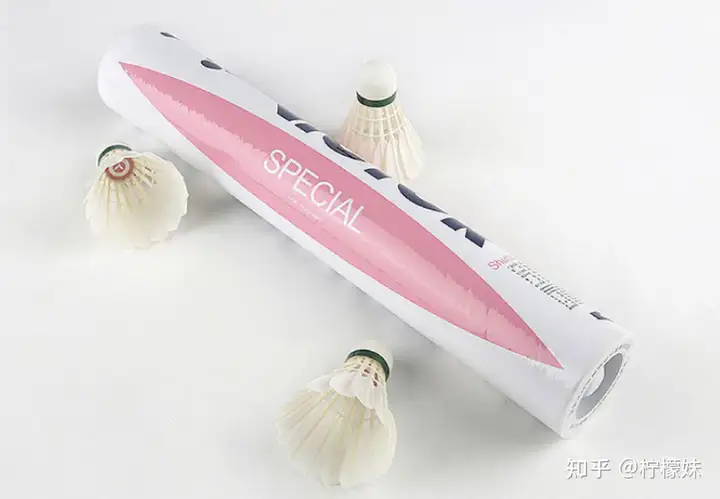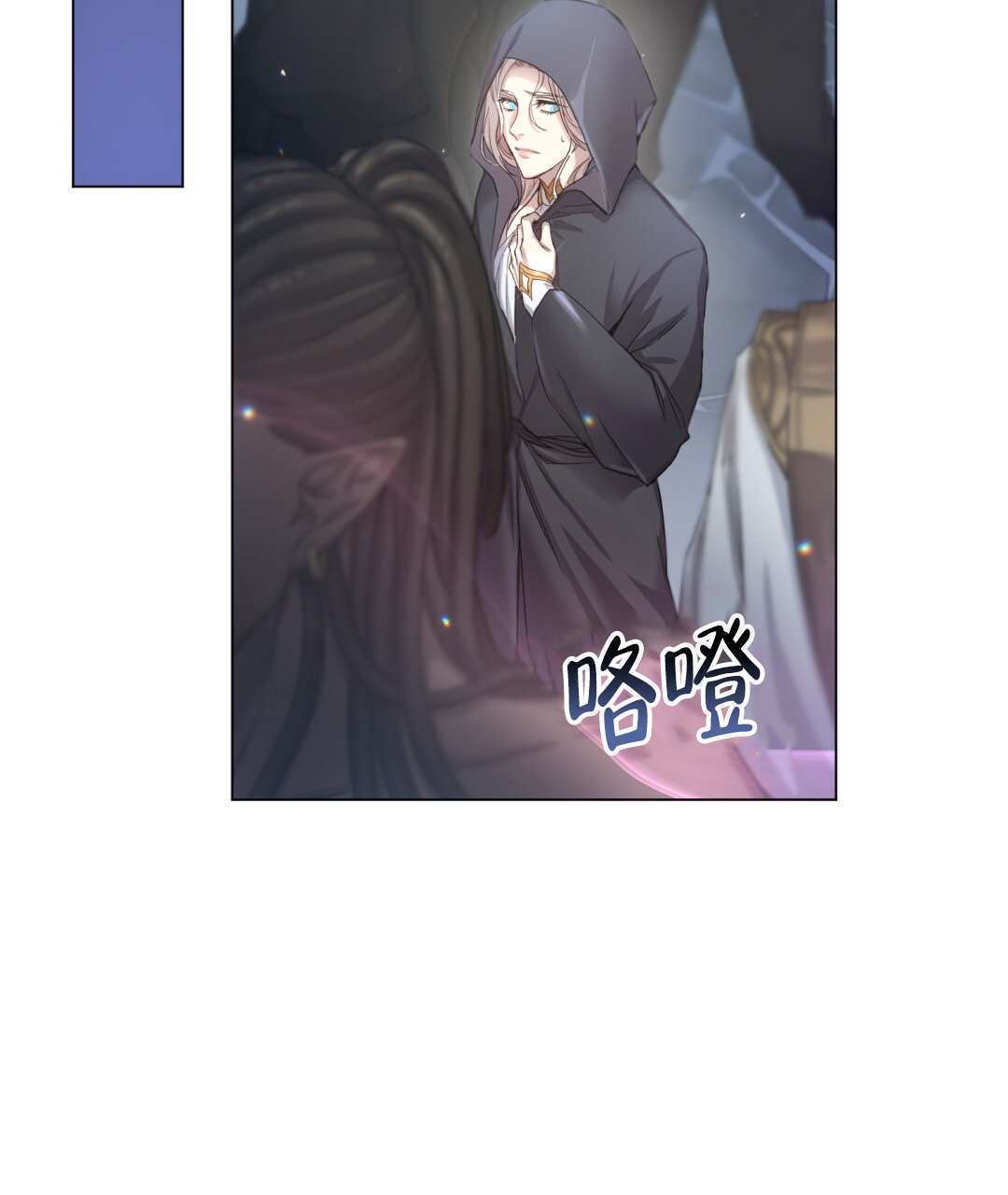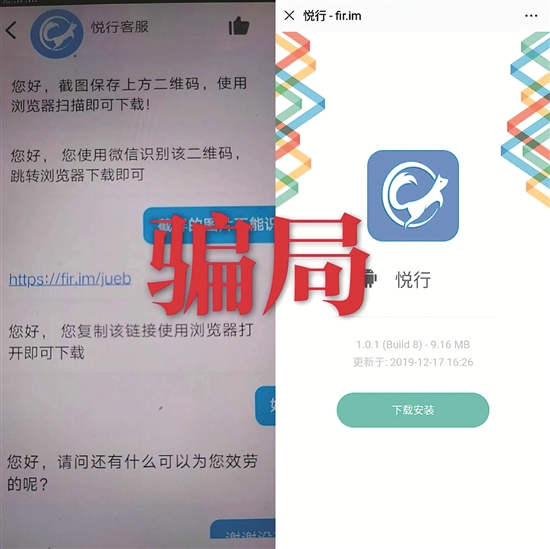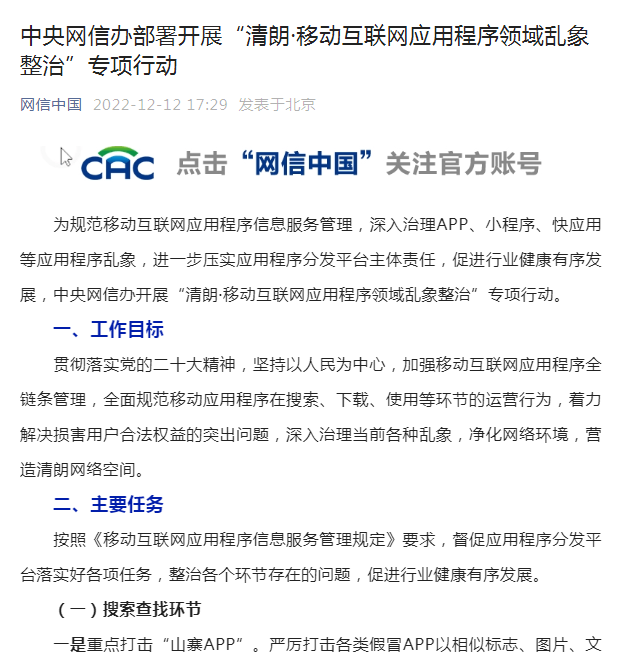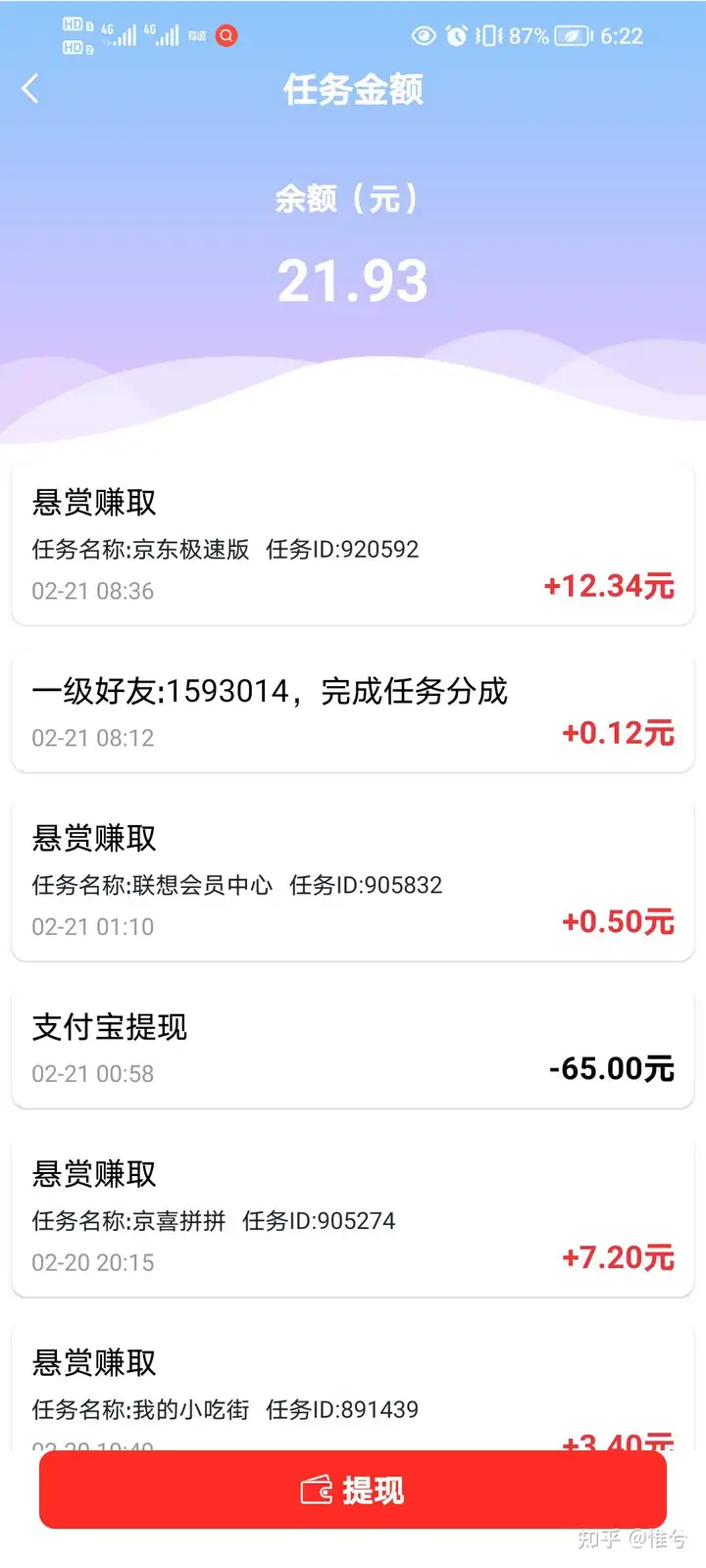人教版3—6年级英语期中知识点汇总,考前必看
期中考试临近,同学们都在紧张备考。英语是一门重要的学科,自然需要大家认真对待。
老师搜集整理了小学英语人教版期中考试知识点,希望对同学们有所帮助。

三年级
一、词汇
1.pen 钢笔 2.pencil 铅笔 3.pencil-box 铅笔盒 4.ruler 尺子 5.eraser 橡皮 6.crayon 蜡笔 7.book 书 8.bag 书包 9.no 不 10.your 你的 11.red 红色的 12.yellow 黄色的 13.green 绿色 14.blue 蓝色的 15.purple 紫色的 16.white 白色的 17.black 黑色的 18.orange 橘黄色的 19.pink 粉色的 20.brown 棕色的 21.head 头 22.face 脸 23.nose 鼻子 24.mouth 嘴 25.eye 眼睛 26.leg 腿 27.ear 耳朵 28.arm 胳膊 29.finger 手指 30.leg 腿 31.foot 脚 32.body 身体
二、句型
1. 向别人问好应该说:
A: Hello!/Hi! 你好!嗨!
B: Hello!/Hi! 你好!嗨!
2. 问别人的名字应说:
A: What’s your name? 你叫什么名字?
B: My name is Chen Jie. 我的名字是陈洁。
3. 道别说再见:
A: Goodbye.Bye-bye. 再见。
B: Goodbye.Bye-bye. 再见。
4. A: I have a pencil/ruler. 我有一只铅笔/尺子。
B: Me too. 我也有。
5. 早上见面说: A: Good morning! B: Good morning! 早上好!
6. 下午见面说:A: Good afternoon! B: Good afternoon! 下午好!
7. 跟新朋友见面应说:
A: Nice to meet you! 见到你很高兴!
B: Nice to meet you,too. 见到你我也很高兴。
8. 见面问好说:
A: Hello,How are you? 你好,你好吗?
B: Im fine.Thank you. 我很好,谢谢你。/Im very well.Thank you. 我很好,谢谢你。
9. A: This is Mr. Jones. 这是琼斯先生。
B: Nice to meet you! 见到你很高兴!
10. A: Colour it brown. 把它涂成棕色吧。
B: OK. 好。
11. I see green. 我看见绿色。
12. A: Let’s go to school! 让我们一起去上学!
B: OK! 好的!
四年级
一、词汇&短语
1.classroom 教室 2.window 窗户 3.blackboard 黑板 4.table 桌子 5.chair 椅子 6.light 电灯 7.teacher’s desk 讲台 8.computer 计算机 9.fan 风扇 10.wall 墙壁 11.floor 地板 12. door 门 13.TV 电视 14.clean 打扫 15.help 帮助 16.in 在……里面 17.on 在……上面 18.under 在……下面 19.near 在……旁边 20.maths book 数学书 21.schoolbag 书包 22.storybook 故事书 23.notebook 故事书 24.English book 英语书 25.candy 糖果 26.toy 玩具 27.key 钥匙 28.Chinese book 语文书 29.lost 丢失 30.strong 强壮的 31.friendly 友好的 32.quiet 安静的 33.hair 头发 34.shoe 鞋(一双要复数) 35.glasses 眼镜 36.short 矮的 37.his 他的 38. her 她的 39.right 对的 40.picture 图画 41.really 真的
1.open the door 开门
2.turn on the light 开灯
3.close the window 关窗户
4.put up the picture 挂图画
5.clean the blackboard 擦黑板
6.on the wall 在墙上
7.near the window 在窗户旁边
8.in the classroom 在教室里
9.near the computer 在计算机旁边
10.a new classroom 一间新教室
11.excuse me 劳驾,对不起
12.so much 非常地
二、句型
1. A: What’s in the classroom? 教室里有什么?
B: One blackboard,many desks and chairs. 一块黑板,许多桌子和椅子。
2. A: Where is it? 它在哪儿?
B: It’s near the window. 它在窗户旁边。
3. A: Let’s clean the classroom! 让我们打扫教室吧!
B: OK. 好的。/All right. 好的。/Good idea. 好主意。
4. A: Let me help you. 让我来帮你吧。
B: Thank you. 谢谢。
5. We have a new classroom. 我们有间新教室。
6. A: What colour is it? 它是什么颜色的?
B: It’s blue and white. 它是蓝白相间的。
7. Excuse me. I lost my schoolbag. 打扰一下。我丢了我的书包。
8. A: What’s his name? 他叫什么名字?
B: His name is Zhang Peng. 他叫张鹏。
9. A: Who’s she? 她是谁?
B: She’s Chen Jie. 她是陈洁。
10. We/I/You have…… 我们/我/你,你们有……
11. He/She/It has…… 他/她/它有……
五年级
一、词汇
1.old 老的,年纪大的 2.young 年轻的,岁数不大的 3.funny 滑稽的,可笑的 4.kind 体贴的,慈祥的,宽容的 5.strict 要求严格的,严厉的 6.polite 有礼貌的,客气的 7.shy 羞怯的,腼腆的,怕生的 8.helpful 有用的,愿意帮忙的 9.clever 聪明的,聪颖的 10.hard-working 工作努力的,辛勤的 11.music 音乐 12.art 美术 13.science 科学 14.English 英语 15.maths/math 数学 16.Chinese 语文,中文 17.sometimes 有时,间或 18.robot 机器人 19.speak 会说,会讲(某种语言);用(某种语言)说话 20.Sunday 周日 21.Monday 周一 22.Tuesday 周二 23.Wednesday 周三24.Thursday 周四 25.Friday 周五 26.Saturday 周六 27.weekend 周末 28.ice cream 冰淇淋 29.hamburger 汉堡包 30.tea 茶 31.sandwich 三文治 32.salad 沙拉 33.fresh 新鲜的,刚摘的 34.healthy 健康的 35.delicious 美味的;可口的 36.hot 热的 37.sweet 含糖的;甜的 38.hungry 饿的 39.thirsty 渴的;口渴的 40.favorite 特别喜爱的 41.food 食物 42.drink 喝;饮 43.carrot 胡萝卜 44.onion 洋葱 45.chicken 鸡肉 46.milk 牛奶 47.bread 面包 48.beef noodles 牛肉面 49.fish sandwich 鱼肉三明治 50.tomato soup 西红柿汤
1.wash my clothes 洗衣服
2.watch TV 看电视
3.do homework 做作业
4.read books 看书
5.play football 踢足球
6.on the weekend 在周末
7.play sports/do sports 做体育运动
8.listen to music 听音乐
9.play ping-pong 打乒乓球
二、句型和语法
1. 询问他人的外貌或性格
A: Whats he/she like? 他/她是什么样的人?
B: He/She is kind/…… 他/她是善良/……的人。
2. 一般疑问句
A: Do you know……? 你知道……?
B: Yes,I do. 是的,我知道。/No,I dont. 不,我不知道。
3. be动词的三种形式am、is、are与人称代词连用的用法
(1)I+am
(2)He/she/it/人名、物名+is
(3)We/you/they+are
4. Ms.、Miss、Mr.、Mrs.的区别
(1)Ms.(缩略词)(用于女子的姓氏或姓名前,不指明婚否)女士
(2)Miss(用于未婚女子的姓氏或姓名前,以示礼貌)小姐,女士
(3)Mr.(mister的缩略词)(用于男子的姓氏或姓名前)先生
(4)Mrs.(用于已婚女子的姓氏或姓名前)太太,夫人
5. and、but的区别
(1)and“和,与”,表并列关系
(2)but“但是”,表转折关系
6. 询问做什么事/活动
A: What sports do you often do? 你经常做什么活动?
B: I often play ping-pong. 我经常打乒乓球。
7. 询问星期几上什么课
A: What do you have on……? 你星期……上什么课?
B: We have English class. 我们上英语课。
8. on、at、in的区别
(1)on+具体某一天(年月日,星期),如:on Monday/Tuesday…… 在星期一/星期二……
(2)at+具体时刻(…点钟),如:at 12 oclock 在十二点整
(3)in+大致时间(年月,早中晚),如:in 2014 在2014年;in the morning/afternoon/evening 在早上/中午/晚上
9. play+球类、棋类、娱乐活动
如:play ping-pong 打乒乓球
10. 询问想要吃/喝什么
A: What would you like to eat/drink? 你想吃/喝什么?
B: Id like…… 我想……
11. 询问最喜欢的事物
A: Whats your favorite food/……? 你最喜欢的食物/……是什么?
B: My favorite food/……is…… 我最喜欢的食物/……是……
12. 名词复数的规则变化
(1)直接加s
(2)以s、x、sh、ch结尾的,加es,如:buses 公交车;boxes 盒子
(3)以o结尾,有生命的加es,如:potatoes 土豆;无生命的加s,如:photos 照片
(4)以辅音加y结尾,改y为i再加es,如:families 家庭;以元音加y结尾,直接加s,如:boys 男孩
(5)以f或fe结尾,改f为v再加es,如:knife-knives 小刀
13. some+可数/不可数名词
如:some apples(可数);some water/rice/juice/bread(不可数)
六年级
一、词汇&短语
1.science museum 科学博物馆
2.post office 邮局 3.bookstore 书店 4.cinema 电影院 5.hospital 医院 6.crossing 十字路口 7. tonight 今晚 8.tomorrow 明天 9.next week 下周 10.comic book 连环画册 11.word book 单词书 12.postcard 明信片 13.dictionary 词典
1.near=next to 靠近
2.in front of 在……前面
3.turn left 向走转
4.turn right 向右转
5.go straight 直走
6.walk=on foot 步行
7.by bus 乘公共汽车
8.by plane 乘飞机
9.by train 乘火车
10.by taxi 乘出租车
11.by ship 乘轮船
12.by subway 乘地铁
13.slow down 减速
14.visit my grandparents 拜访我的爷爷奶奶
15.see a film 看电影
16.take a trip 去旅行
17.go to the supermarket 去超市
二、句型
1. 问路:Where is the+地点?
A: Where is the post office? 邮局在哪里?
B: It’s next to the museum. 它靠近博物馆。
2. 询问怎样到某地:How can+主语+get(to)+地点? ……怎样到……?
A: How can I get there? 我怎样到达那儿?
B: Turn left at the bookstore. Then turn right at the hospital.在书店的时候向左转。然后在医院的时候向右转。
3. 询问对方的出行方式:How do+主语+come(to)+地点? ……怎样来……的?
A: How do you come to school? 你怎样来学校?
B: Usually I come on foot. Sometimes I come by bus. 通常我步行上学。有时候我乘公交车上学。
4. 用must表示必须做某事:某人+must+动词原形(+其它) ……必须……
I must pay attention to the traffic lights. 我们必须注意交通信号灯。
5. 告诫别人不要做某事:Don’t+动词原形(+其它) 不要/别……
Don’t go at the red light. 在红灯的时候不要走。
6. 询问对方打算做什么:What+be动词+某人+going to do(+时间或地点)? ……打算……做什么?
A: What are you going to do tomorrow? 你明天打算做什么?
B: I’m going to go to the supermarket tomorrow. 我明天打算去超市。
7. 询问对方打算何时去做某事:When+be动词+某人+going(+地点)? ……打算何时去做……?
A: When are you going to the cinema? 你打算什么时候去电影院?
B: Im going to the cinema tomorrow. 我打算明天去电影院。
8. 询问对方打算去哪儿:Where+be动词+某人+going(+时间)? ……打算去……?
A: Where are you going tomorrow? 你明天打算去哪儿?
B: Im going to the cinema. 我打算去电影院。
9. 询问对方打算和谁一起去:Who+be动词+某人+going with? ……打算和谁一起去?
A: Who are you going with? 你打算和谁一起去?
B: Im going with my friends. 我和我的朋友一起去。


